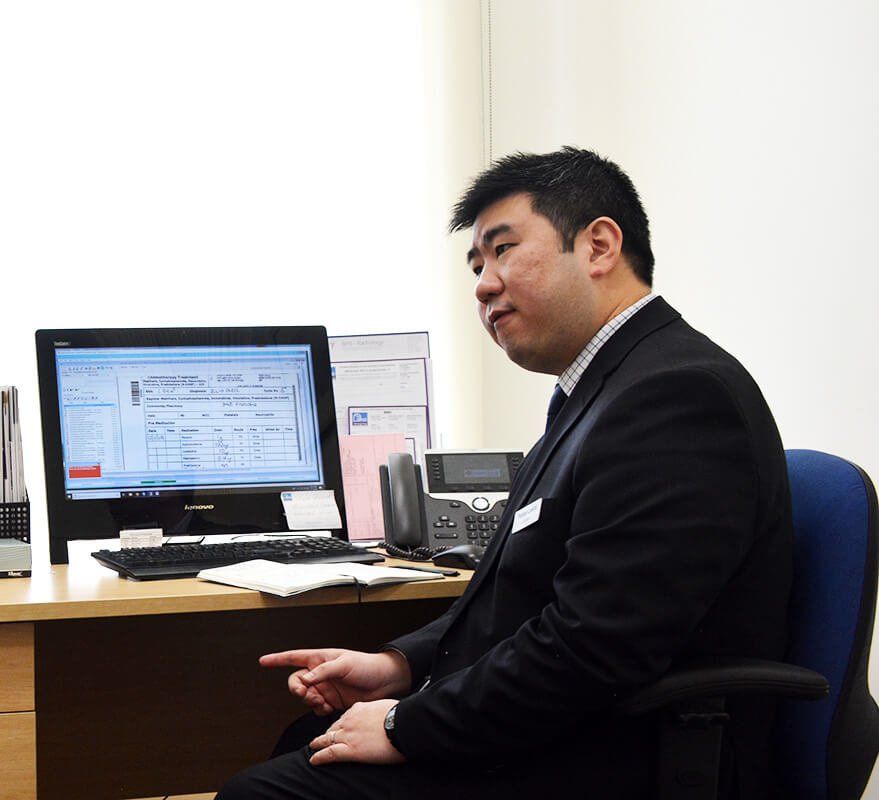This year the annual release of cancer statistics generated quite a buzz in the cancer community.
We have seen an ongoing and significant decline in the overall number of cancer deaths through Australia. Improvements in the number of deaths from lung cancer, which account for more cancer deaths than breast, prostate and colorectal cancer combined, was the main driver for this decline.
There are many possible contributors to this, perhaps the most important being the impact of improved tobacco control and a decline in the number of individuals taking up smoking. However, in addition to a decrease in the number of people being diagnosed with lung cancer there has also been a significant improvement in our treatment of lung cancer and therefore the number of deaths from this disease. So much so that the current treatment for lung cancer was not used even 2 years ago and continues to rapidly evolve on a month-to-month basis.
The main change to lung cancer treatment is the addition of new drugs to our treatment regimens of non-small cell lung cancer. There are now a range of different anti-cancer drugs which are used to treat metastatic (advanced) lung cancer. Currently, this type of lung cancer is not curable. The aim of treatment for advanced lung cancer is control of the disease and this control has been improved with the introduction of immunotherapy drugs including pembrolizumab (Keytruda), nivolumab (Opdivo) and atezolizumab (Tecentriq) either alone or with chemotherapy.
Clinical trials have shown that one or a combination of drugs improved the survival of patients with lung cancer compared to chemotherapy alone. Deciding between and tailoring treatment options needs to take into account an individual’s age, fitness and their own priorities as well as specific attributes of the cancer including size, stage and type of cancer cell involved. The oncologists at Ballarat Cancer Care and Haematology have extensive experience in the treatment of lung cancer, including involvement in clinical trials and multi-disciplinary meetings both in Ballarat and Melbourne.








